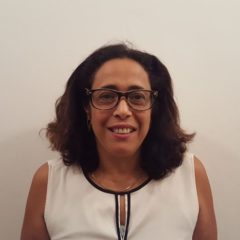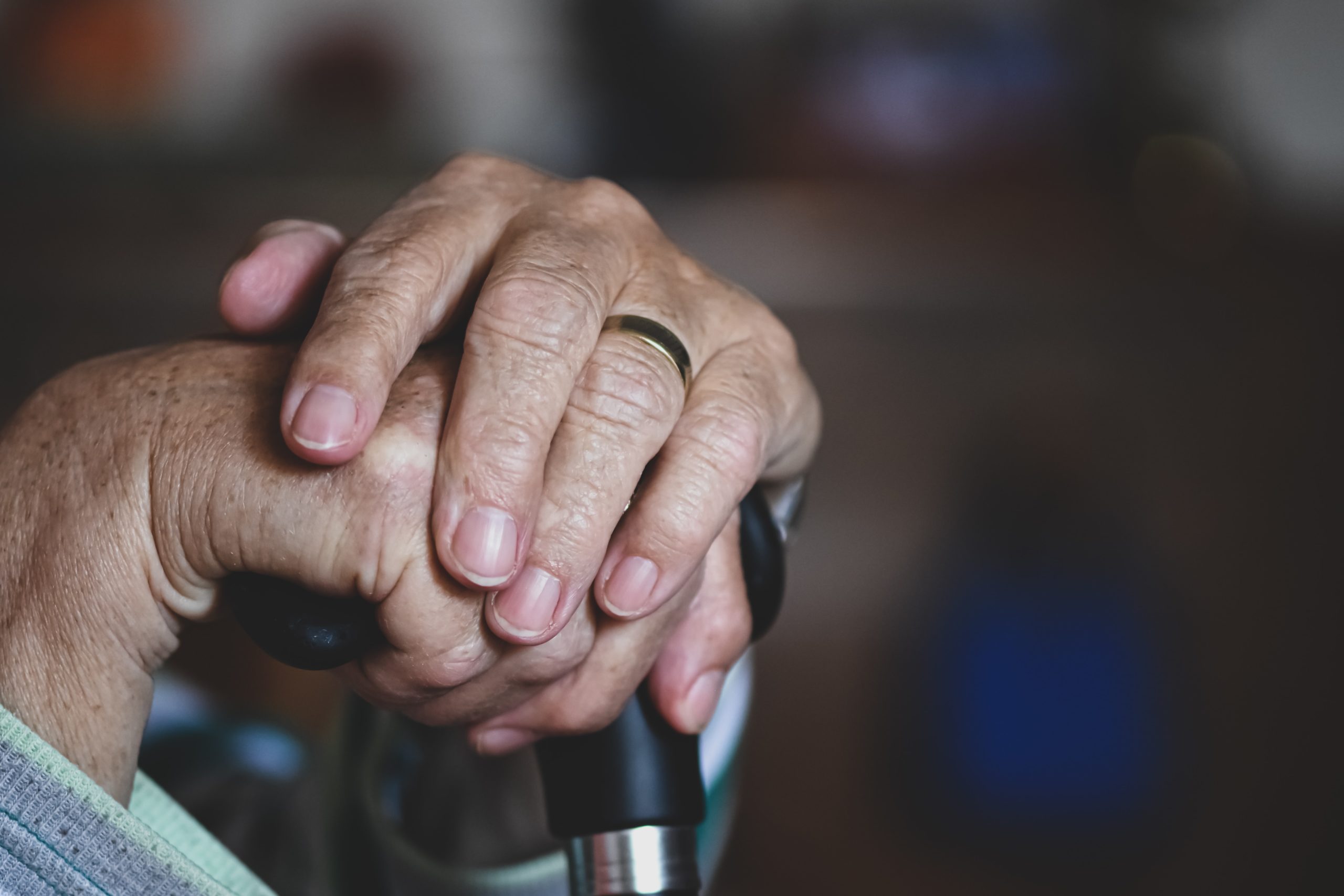During the COVID-19 pandemic, people experienced feelings of uncertainty with regards to both their medical and economic situation, while others feared social isolation. From the outset, Bituach Leumi (“National Insurance”), the State of Israel’s social security institution, identified this as a very difficult personal and social crisis, and recognized the importance of providing a swift response so that members of the insured public would not feel neglected by the state at a time of need. Early in the crisis, the Bituach Leumi management set itself the goal of delivering services in a simplified and respectful manner, to minimize feelings of uncertainty and panic, to raise public trust, and to support the affected population. But that required immense cultural change to deeply held beliefs among an array of professionals and stakeholders.
Changing Work Patterns and Creating Public Trust: A Case Study
Elderly people requiring assistance in everyday activities are entitled to nursing care benefits. The level of benefit given is a function of the level of dependence on care. In other words, the higher the level of dependence, the higher the level of benefit. Prior to the coronavirus crisis, evaluations of dependency and corresponding entitlement to benefits were carried out by the nursing staff. The procedures were widely criticized as disrespectful, harmful to the elderly, an invasion of privacy, and even humiliating.
Over many years, Bituach Leumi worked to improve the service, but the COVID crisis posed a new challenge: efforts to protect the elderly population were hindered by the fear of entering their homes. This became an opportunity for the Bituach Leumi leadership to rethink the process of how to determine entitlement. The approach taken by the management was as follows:
- In a time of extreme need, trust was a crucial factor in delivering swift and efficient support. The organization’s leadership realized that demonstrating trust to the insured public was the best way to gain the public’s trust in return, both as an organization, and as [individual] employees.
- We should do our utmost to ease the bureaucratic burden for the insured population.
- A digital transformation was essential for making it easier to receive services and to match services to individual needs.
We should deal with the insured public in a transparent manner, communicating clearly, and when required, by speaking with and relating to them.
In the spirit of these guiding principles, a revolutionary decision was taken to eliminate physical evaluations by nursing staff. Determining entitlement would now be done by means of a declaration, supporting documentation, and telephone conversations. Committee deliberations on disability would be conducted without claimants being present and based on documentation, or by means of a video chat, where possible.
The question was how to convince officials and social workers, nursing staff, and doctors to accept entitlement decisions based on documents and phone and video calls. The establishment of entitlement by means of declaration, documents, and telephone conversations with the insured population, without seeing them, represented a significant change which required adjustments in both perception and ideas. This called for a change in organizational culture.
The fact that we were dealing with an existential crisis presented an opportunity for both management and workers to step up. They strove only to make the process easier for the insured, to establish entitlement and to give a quick response in as short a time as possible.
Managers, service workers, and technology teams worked around the clock, doing everything in their power to respond swiftly, operating under the principle that claimants are to be believed and that their need for assistance should be recognized, particularly at this time.
This approach trickled right down through the ranks of officials. Everyone felt a sense of mission and responsibility. The organization was speaking the same language. The Director himself went from branch to branch and spoke to the workers, expanding on the issue and emphasizing its importance like a mantra.
As Lincoln said: If we put our trust in the people, they will in turn trust us.
The change led to increased rate of entitlement assessments, a growth in claims being made, a significant drop in the number of complaints, and a significant rise in satisfaction with decisions on nursing care. The new procedures broke down a barrier which had previously prevented some people from making claims.
We learned at least four key lessons by facing the crisis directly:
- If we believe in our system, we should not fear putting our trust in the insured population, and the documentation they offer. There will always be some who abuse the system, but they should be dealt with separately.
- Transparency produces trust and helps the process to go more smoothly.
- Public faith in us, as an institution, is important, so that all our employees believe both in themselves and in the public.
- Entitlement can be determined based on documentation. It would not be right to go back on this. This process creates trust and lessens friction with the insured population, which, in turn, leads to a sense of responsibility on their part. If deemed necessary, sample post facto house visits can be carried out.
By taking advantage of the crisis as an opportunity to make some meaningful and positive change, we gained tremendous learning. We learned that by taking the “risk” to trust, we can bring about deeply cultural change that proved transformative for a great number of people. And we learned we can constantly keep improving.

Get to know the author
Yarona Shalom (WSL 17)is Deputy Director General, Disability and Rehabilitation Division of the National Insurance Institute of Israel (NIOI)/Habituach Heleumi.

